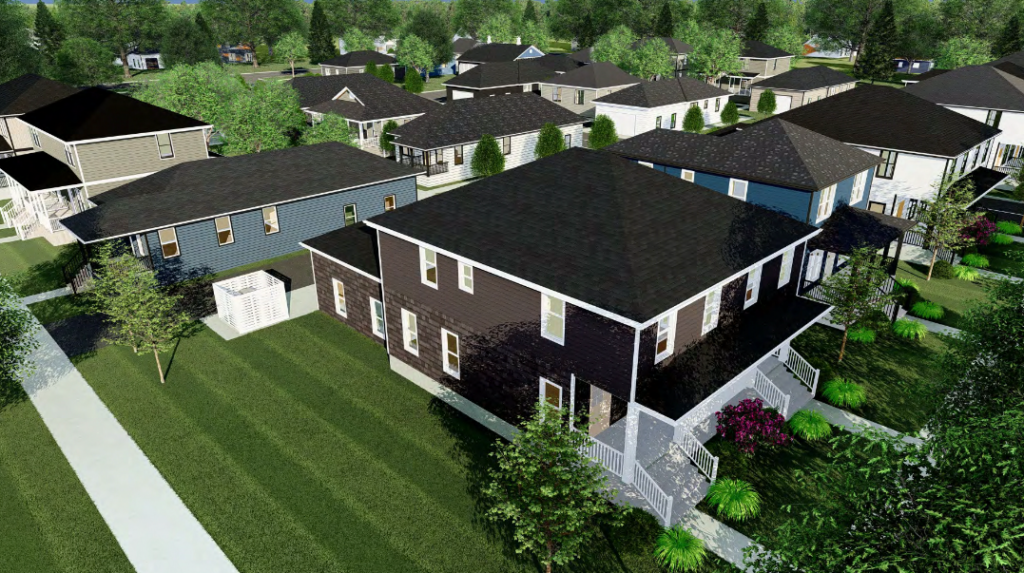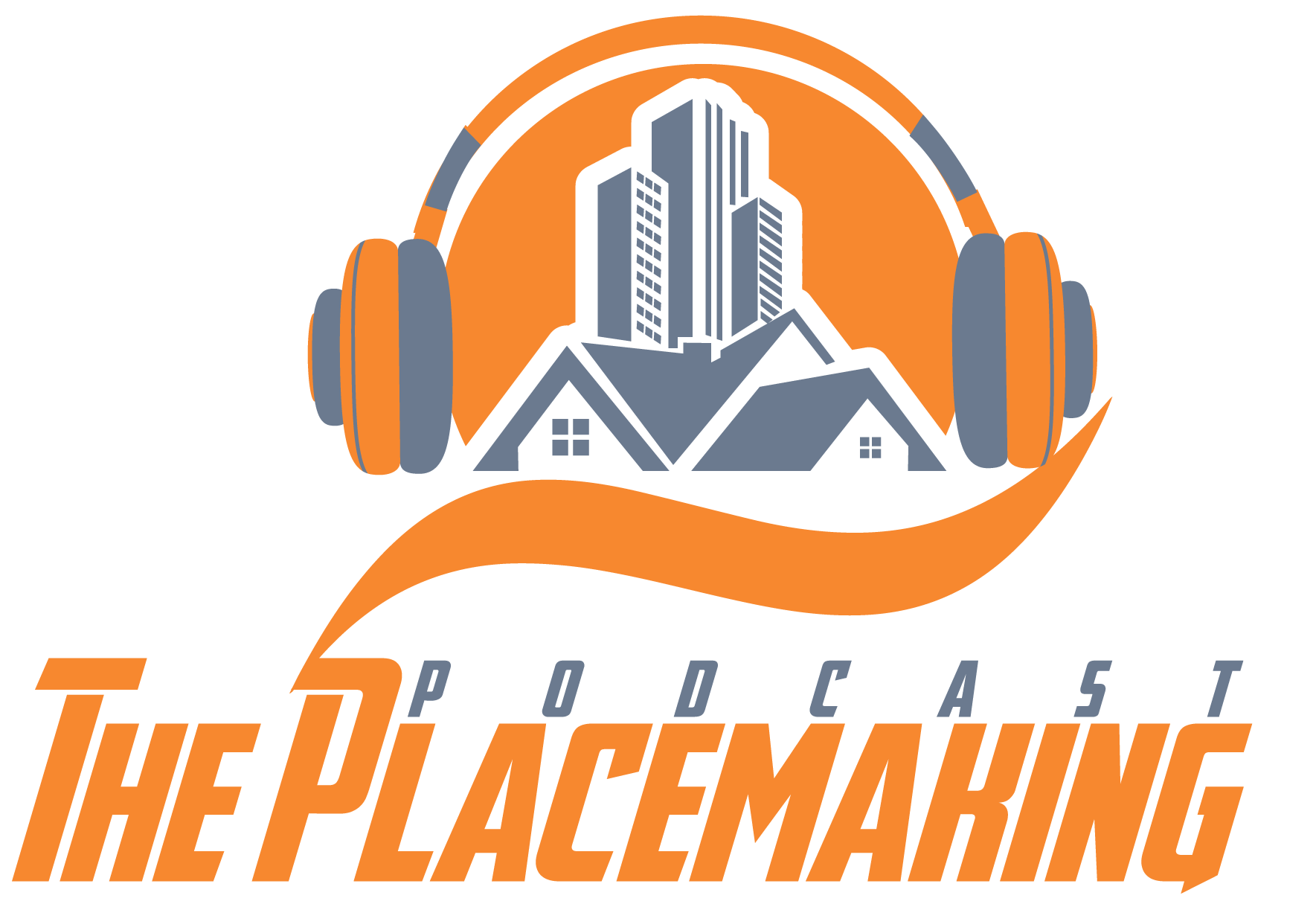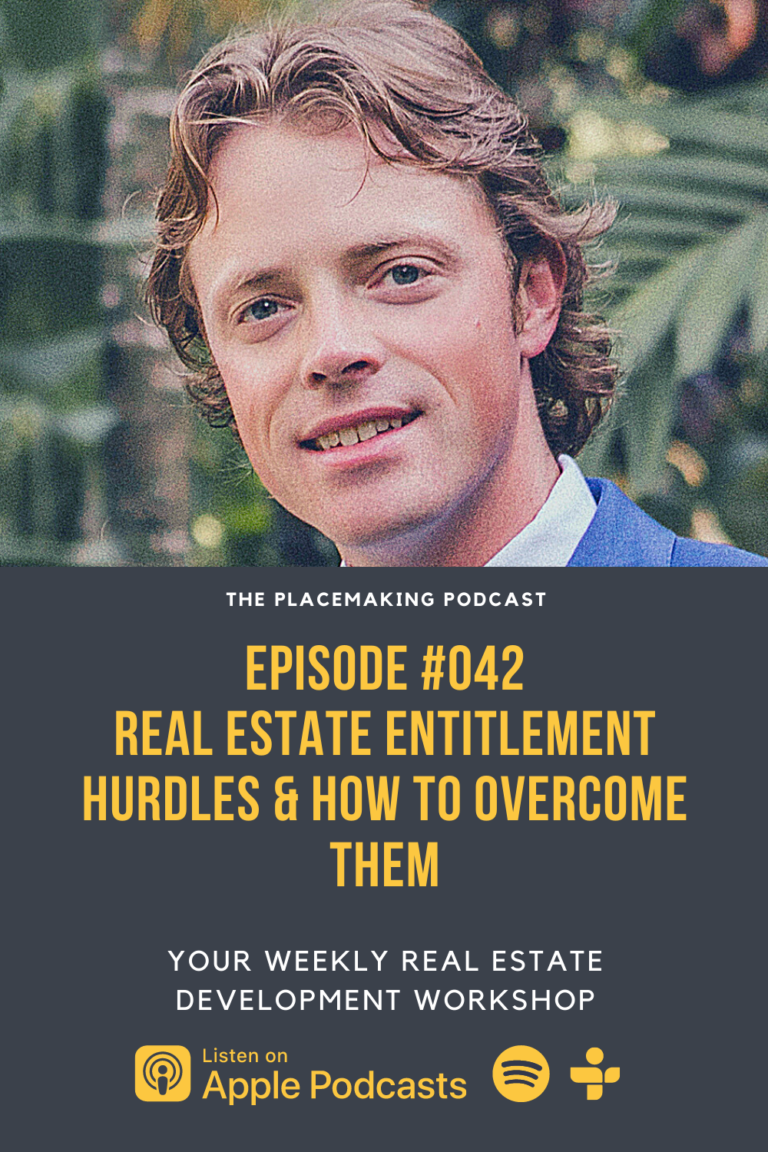- placemakingpodcast@gmail.com
Real Estate Entitlement Hurdles & How to Overcome Them with Ryan Smith– Ep. 42
About the Guest
Another insightful episode of the show is coming your way! I am excited to share this next conversation with all of you. Ryan is the managing member of Gemini Capital Management, LLC. Ryan has been working in the property development and management industry since 2008. Ryan has worked on a wide range of real estate development projects including build to suit for multiple Fortune 500 Firms, missing middle housing developments, historic preservation, adaptive reuse, hospitality, and small scale single and multi-family renovations to name a few. Ryan completed his undergraduate work at Alma College with double majors in Business Administration and Economics. In 2013, Ryan earned a MBA degree from Central Michigan University as well.
As mentioned, Ryan is the managing member of Gemini Capital. Gemini Capital Management, LLC was created in 2012 by Ryan & Kirk Smith. Gemini Capital Management is located in Mid-Michigan and is a real estate investment firm which acquires, develops, manages, leases and operates commercial, industrial, and residential properties.
In this episode, we are going to discuss the most important first steps when beginning the entitlement process on your next project, how to engage surrounding property owners when you begin this process, and some of the biggest lessons learned from Ryan’s experience as a real estate entrepreneur. There is loads of great information in this episode and I greatly appreciated Ryan for taking the time out of his extremely busy schedule to discuss this topic of real estate development entitlement hurdles with me.
Main Take-Away’s From This Show
This was another fun episode to record. Ryan has had a passion to continue his learning even past college. With a “step-up-to-bat” mentality that Ryan possessed, he quickly found success in real estate investing and development. He started out in acquisition and then learned all he could about the management side of the business. This provided a sturdy foundation for his future endeavors in real estate development. With a “can-do” attitude, Ryan was able to persevere through many trials in building Gemini Capital into what it is today. There were several great talking points that Ryan shared throughout the discussion, so it is hard to just pick three for my main take-away’s this week. The following main topics of the show come from an understanding in entitlement processes that Ryan possesses.
- The Law of 300 Feet.
- You’re never going to make everybody happy with your development, but it doesn’t hurt to try (a little).
- NIMBY’s to YIMBY’s
As always, I will dig into each of these “take-away’s” every week on the blog. So, without further a due, here we go!

The Law of 300 Feet.
I bet you might be wondering right now, what is so important about “The Law of 300 Feet”. We did not explicitly discuss this in the episode, but it bears discussion here. Essentially, the Law of 300 Feet refers to the 300-foot radius that can be drawn around your development and all those property owners that reside within that radius. Sometimes this boundary can be extended 500 feet or more but more regularly this boundary extends from 300-500 feet from your property. This varies from City to City so verify with your local jurisdiction.
So why are we talking about an imaginary boundary around your property? Well as many of you already know, this boundary is typically used as an outer limit for sending out notifications for an upcoming public hearing for your property. When a project requires a public hearing, the City that your project is in is required to notify all surrounding property owners within a certain distance of your proposed project. That responsibility falls on you, the applicant, to provide that list of information to the City as part of the formal application process.
The bottom line with this discussion is that if you don’t discuss this project with these surrounding property owners before they receive the notice of public hearing, you could likely see several of your loving neighbors at the public hearing in opposition to your project. Not necessarily because they don’t like what your proposing, but more or less because they don’t know what you are proposing and fear for the worst. False information and gossip can easily circulate through the surrounding neighborhood if they aren’t provided with enough facts prior to the meeting. That is why it is extremely important to identify the neighborhoods and owners within this 300-foot (or greater) radius and be proactive to discuss the project and the impacts to the community, both good and bad, prior to even submitting an application for your project. Be sure to heed the “Law of 300 Feet” and be proactive on your next development project.
You’re never going to make everybody happy with your development, but it doesn’t hurt to try (a little).
This next main point is one that may seem a little obvious at first but can be quite difficult in practice. As a practicing civil engineering consultant, I’m often representing clients in public hearings to discuss their proposed project. We often get the same concerns during the public discussion portion of the meeting. They are typically as follows:
- Proposed density will increase traffic and congestion.
- The development will increase stormwater runoff to my property/public street/neighbors.
- This development will reduce my property’s value.
- Safety concerns
- Increased noise and disruption in the quiet area.
- I always thought this empty lot behind my house would be pasture forever…

It’s important when preparing for these meetings rather at the public hearing or at the neighborhood level meetings, that you have responses for each of these items. Even the ones that you might not expect. As mentioned though, you are not going to make everyone happy (especially the last one that thinks nothing will ever develop behind their house).
It doesn’t hurt to understand some aspects of the development that you can negotiate, however. It is best to prepare for the meeting by preparing a list of negotiables and non-negotiables. So that way, when it comes to meeting time, you can be prepared to budge on a few items such as increased landscape for screening or some other concessions that may appease the masses depending on their complaints. Being prepared can go a long way in making your development a success.
NIMBY’s to YIMBY’s
This last main point is one that may make you question the title. NIMBY is an endearing acronym for “Not In My Backyard”. Essentially this is someone that is anti-development anywhere near their primary residence. These people can often be found at public hearings voicing their concern for the newest project on the block. They will be the ones to show up even if they don’t even reside within the 300-foot radius mentioned previously but believe they will be adversely impacted. As Ryan mentioned, most of the animosity from these people come from the idea that any new developments in their area will negatively impact their property values.
So how do you turn a NIMBY (Not In My Backyard) to a YIMBY (YES IN MY BACKYARD)? Well, there is no real easy answer for this unfortunately. I think gentle density in suburban single family residential where most of these people reside is one of the best ways to combat this adversity, however it is not easy without policies in place from the municipality that allow it. ADU’s and gentle density are some of the necessary components we need to combat the housing shortage (and thus the housing affordable gap) that we are seeing now. If this is something you are passionate about, I would implore you to begin joining boards and commissions in which you can make an impact at the City level. The way we will tackle these issues is a grass-roots, ground up approach at the municipal level.
As you can see from the take-aways above, this podcast episode was absolutely full of amazing information on making it in real estate development and certainly provides actionable steps you can take on your next real estate development project. As always, if you have enjoyed the content and the show, please subscribe to the show below and share with your friends in the industry! We’ll have many more great discussions on the shows to come.
To Learn More About Ryan Smith and Gemini Capital Management, LLC., Check out the Following Websites:

Recommended Reading Section
P.S. We spend (a lot) of time, sweat, tears, and money creating each episode of The Placemaking Podcast. We do this without the support of sponsors as we want to keep the advertisements out of the picture and provide an add-free listening experience. YOUR support ensures we can keep delivering these discussions ad-free!
If you feel compelled to donate to the show (and receive some cool bonuses…) you can check out my Patron Page.
Podcast: Play in new window | Download (Duration: 43:54 — 21.3MB) | Embed
Subscribe: Apple Podcasts | Spotify | TuneIn | RSS | More







